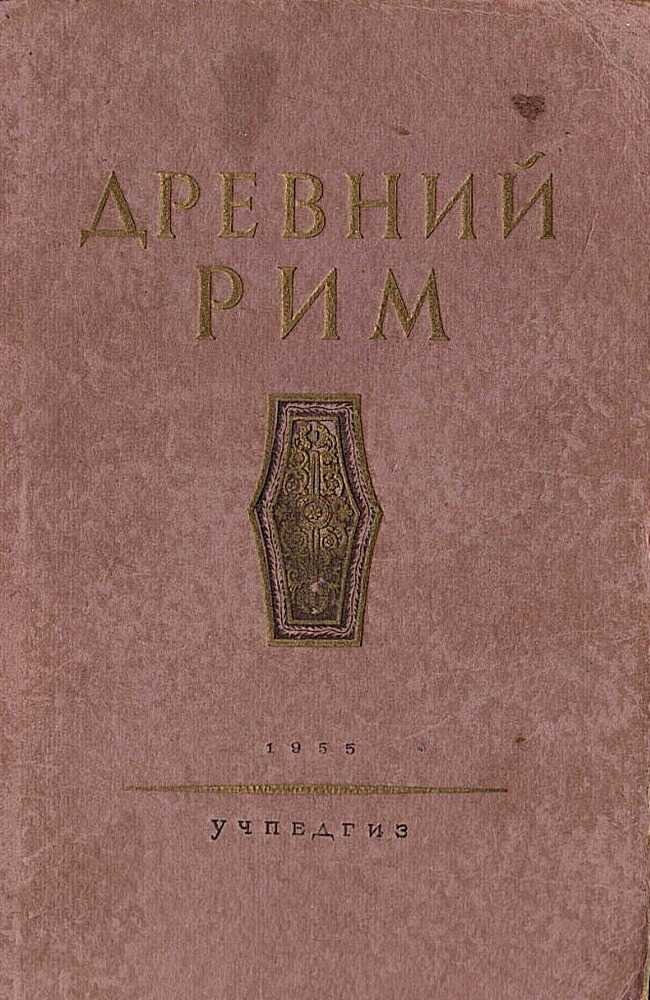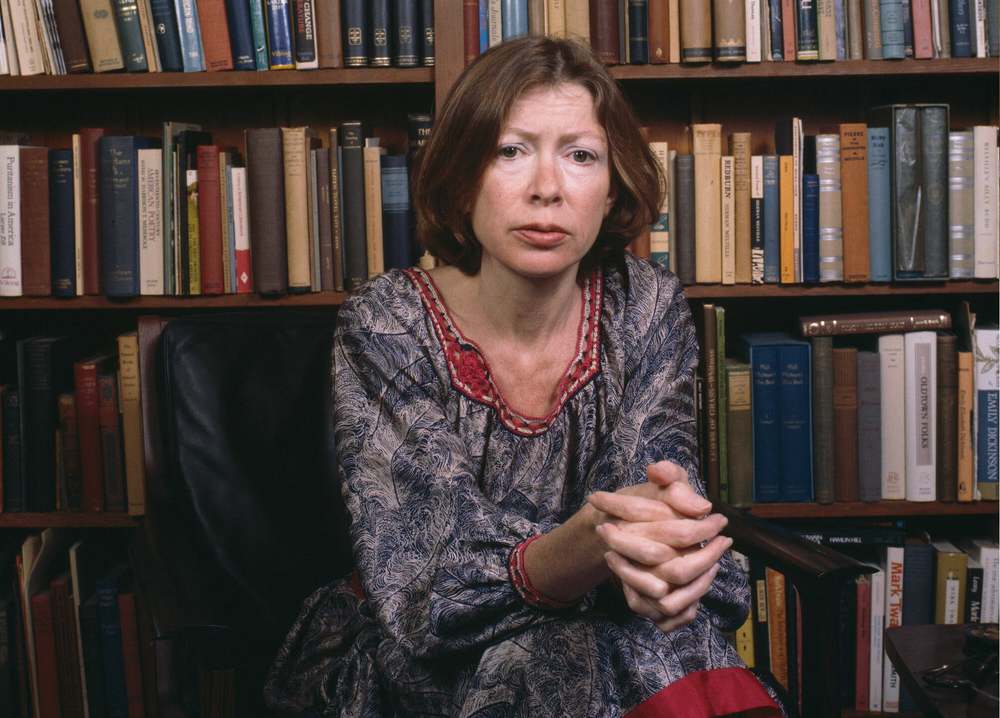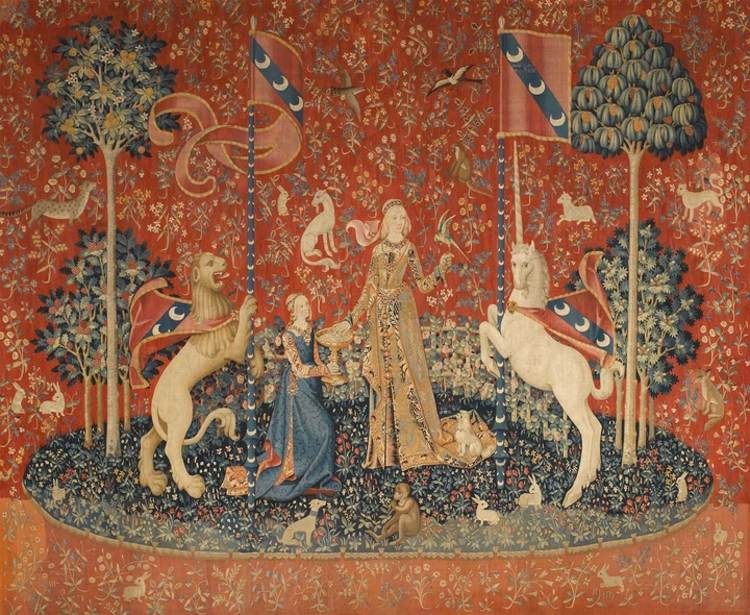Император Юстиниан Великий и наследие Халкидонского Собора - Михаил Вячеславович Грацианский
Книгу Император Юстиниан Великий и наследие Халкидонского Собора - Михаил Вячеславович Грацианский читаем онлайн бесплатно полную версию! Чтобы начать читать не надо регистрации. Напомним, что читать онлайн вы можете не только на компьютере, но и на андроид (Android), iPhone и iPad. Приятного чтения!
Шрифт:
Интервал:
Закладка:
Im abschließenden Kapitel stellt der Autor eine Reihe von Schlussfolgerungen und Beobachtungen an, die sich aus seiner Analyse des historischen Materials ergeben. Der Autor stellt fest, dass Justinian eine klare und konsequente Politik gegenüber den Antichalkedoniern verfolgte, deren Programm schon zu Beginn seiner Herrschaft entwickelt worden war. Die Politik des Kaisers war eng mit den Problemen und Herausforderungen verbunden, die die Kirche in der vorigen Epoche im 5. Jahrhundert erlebt hatte. Der Autor betont, dass die Politik Justinians nicht nur kirchliche und theologische Dimension hatte: mit seinen Maßnahmen baute Justinian einen einheitlichen und für alle bindenden ideologischen Existenzrahmen eines wiedervereinigten Römischen Reiches, in dem Religion und Kirche wichtige soziale Faktoren darstellten. Zugleich war der Verzicht auf Gewalt und Repression, die für die früheren Regierungen charakteristisch waren, ein wichtiges Merkmal seiner Politik. Eines der unbeabsichtigten aber immerhin wichtigen Ergebnisse der Politik Justinians bestand im Überleben der antichalkedonischen Bewegung und in ihrer späteren Umformung in eine Anzahl von heutigen Kirchen des Ostens.
Summary
The monograph by M.V. Gratsianskiy “Emperor Justinian the Great and the Legacy of the Council of Chalcedon” represents the study of the Roman Emperor Justinian I's policy (527–565) towards the large and influential group of opponents of the Council of Chalcedon, referred to in the text of the monograph by the general title “anti-Chalcedonians”.
Chronologically, the work covers the period from 451 to 577, extending much so, in fact, beyond the reign of the Emperor Justinian. This excess of the time frame was found necessary in order to insert the Justinian's era into the historical context of events, which started with the Council of Chalcedon and continued well beyond the chronological limits of his reign. This approach enabled the author to demonstrate a unique character of Justinian's policy towards the anti-Chalce-donians, that, beyond doubt, sets a landmark for the subsequent fate of this movement.
Despite the existence of a extensive scholastic literature, that treats the reign of Justinian in general and his policy towards anti-Chalcedonians (alias Monophysites) in particular, this monograph makes an important contribution to the study of the problem as a whole, and to the solution of particular issues, which help us to elucidate various aspects and circumstances of the Emperor's policies as a whole.
The main part of the book consists of seven chapters and a conclusion. The chapters are organized on the chronological principle of presentation, while sections within chapters are dedicated to the analysis of particular subjects, which, in author's opinion, represent the essence of relevant events of each given period.
The first two chapters of the monograph describe the history of the Chalcedon crisis down to the reign of Justinian, and cover the period from 451 to 527. The first chapter presents an analytic description of the events that ensued after the end of the 4th Ecumenical Council of Chalcedon until 513, when, according to the author, among a considerable part of representatives of the ruling circles in Constantinople began a shift towards final transition to the pro-Chalcedonian position in regard to church policy. The description of this transition is the subject of the second chapter of the monograph. It contains prosopographic description of the so-called “pro-Chalcedonian party”, i.e. the party, that supported the reconciliation with the Pope and the unconditional acceptance of the results of the Council of Chalcedon as an integral part of the dogmatic and canonical tradition. Also described are the individual actions of the supporters of this party, directed against the power of the emperor Anastasius, who was strongly anti-Chalcedo-nian, as well as their actions, which after the death of Anastasius finally lead to the throne Justin I. One section provides a brief description of the measures of the new emperor, which resulted in the reconciliation with the Pope and the beginning of repressions throughout the whole Empire against the opponents of Chalcedon. All these events were marked by the participation of Justinian, which unfortunately is insufficiently documented by the surviving sources.
The third chapter, “Theodora's factor in the religious policy of Justinian”, is dedicated to the reign of Justinian itself. The author analyzes the background and the initial conditions of the emperor's policy towards the anti-Chalcedonians. In this regard, it was necessary to dwell on the exact role, that Justinian's wife Theodora played in the church policy. This necessity was caused by the fact that the historiography on the subject is dominated by the perception of her role as a decisive one, that the author regards as incorrect. In fact, many researchers tend to attribute exclusively to Theodora the initiative in the elaboration and implementation of church-political measures against the anti-Chalcedonians, while the role of Justinian is characterized by them as secondary or subordinate. The author argues, that initiator and promoter of the policy towards the anti-Chalcedonians was the Emperor himself, while Theodora only took an active part in it, acting in line with the policy of her husband. This observation is important for restoring of a full picture of the church-political events of the time.
The fourth chapter, “The religious policy of Justinian in 532–536”, presents a description of the church-political measures of the emperor in the given period. The chronological limits of this period are chosen due to the fact that in 532, after a long period of repressions against the anti-Chalcedonians, on the instigation of the Emperor there were resumed active contacts with their leaders, whose head was the deposed Patriarch of Antioch Severus. These contacts marked the first attempt at developing a compromise position, which may have included certain concessions on the part of Chalcedonians. In fact, during the meetings and interviews with the anti-Chalcedonians there was elaborated a whole program of measures designed to achieve a generally acceptable compromise, and to restore the church unity in the future. After the first negotiations with the representatives of the anti-Chalcedonians, further interviews were conducted with their informal leader Severus of Antioch. The end of this period came at 536, when the local Council in Constantinople was
Прочитали книгу? Предлагаем вам поделится своим отзывом от прочитанного(прослушанного)! Ваш отзыв будет полезен читателям, которые еще только собираются познакомиться с произведением.
Уважаемые читатели, слушатели и просто посетители нашей библиотеки! Просим Вас придерживаться определенных правил при комментировании литературных произведений.
- 1. Просьба отказаться от дискриминационных высказываний. Мы защищаем право наших читателей свободно выражать свою точку зрения. Вместе с тем мы не терпим агрессии. На сайте запрещено оставлять комментарий, который содержит унизительные высказывания или призывы к насилию по отношению к отдельным лицам или группам людей на основании их расы, этнического происхождения, вероисповедания, недееспособности, пола, возраста, статуса ветерана, касты или сексуальной ориентации.
- 2. Просьба отказаться от оскорблений, угроз и запугиваний.
- 3. Просьба отказаться от нецензурной лексики.
- 4. Просьба вести себя максимально корректно как по отношению к авторам, так и по отношению к другим читателям и их комментариям.
Надеемся на Ваше понимание и благоразумие. С уважением, администратор knigkindom.ru.
Оставить комментарий
-
 Гость Даша11 февраль 11:56
Для детей подросткового возраста.Героиня просто дура,а герой туповатый и скучный...
Лесная ведунья 3 - Елена Звездная
Гость Даша11 февраль 11:56
Для детей подросткового возраста.Героиня просто дура,а герой туповатый и скучный...
Лесная ведунья 3 - Елена Звездная
-
 Гость Таня08 февраль 13:23
Так себе ,ни интриги,Франциски Вудворд намного интересней ни сюжета, у Франциски Вундфорд намного интересней...
Это моя территория - Екатерина Васина
Гость Таня08 февраль 13:23
Так себе ,ни интриги,Франциски Вудворд намного интересней ни сюжета, у Франциски Вундфорд намного интересней...
Это моя территория - Екатерина Васина
-
 Magda05 февраль 23:14
Беспомощный скучный сюжет, нелепое подростковое поведение героев. Одолеть смогла только половину книги. ...
Госпожа принцесса - Кира Стрельникова
Magda05 февраль 23:14
Беспомощный скучный сюжет, нелепое подростковое поведение героев. Одолеть смогла только половину книги. ...
Госпожа принцесса - Кира Стрельникова




![Краткий словарь свиновода [5-е изд.] - Автор Неизвестен](https://cdn.knigkindom.ru/posts/books/205865/205865.jpg)





